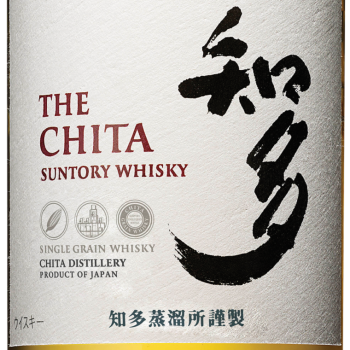Japanese whiskies will soon be as authentic as they come, after Japan Spirits & Liqueurs Makers Association established new labelling standards earlier this month.
For more than a century, Japanese whisky has been produced from predominantly imported Scotch and blended domestically with different yeast strains and fermentation techniques to create unique flavour profiles. In fact, the brown spirit of Japan carried no actual denomination of origin, as long as it was bottled domestically, it could be sourced from anywhere on the planet.
However, JSLMA believes the new labelling standards will create an equality and respect between international producers stating: “The purpose of these standards for labelling Japanese whisky is to stipulate matters with respect to the specific labelling of whisky in order to contribute to the appropriate selection of whisky products by consumers in Japan and abroad, and to thereby protect the interests of consumers, ensure fair competition and improve quality.”
The new standards, taking affect from April 1, will apply to whisky sold in Japan or sold from Japan for overseas use by business operators. To meet these standards, a whisky product can only label itself one when it satisfies the production method and quality requirements set forth in the below JSLMA graphic:

One of Japan’s largest whisky producers Nikka Whisky released a statement regarding the label announcement saying: “As members of the Japan Spirits & Liqueurs Makers Association, Nikka Whisky and its parent company Asahi Breweries will follow the Labeling Standards and support any initiative that provides further clarity to our valued customers when selecting their whisky.
“Though our current labeling is not affected by the Labeling Standards, we have decided to provide further information for individual products on our website to clearly distinguish between products in Nikka Whisky’s line-up, which contains both whiskies that are defined as “Japanese whisky” according to the Labeling Standards, and those that do not meet all the criteria.
“We feel this is an important step towards ensuring customers clarity so as that they can reasonably decide which products to buy and information will be updated if the status changes.”
JSLMA said any uncertainty in their interpretation or use of specific terms in new labels will be deliberated by a committee entrusted by its board of directors.


